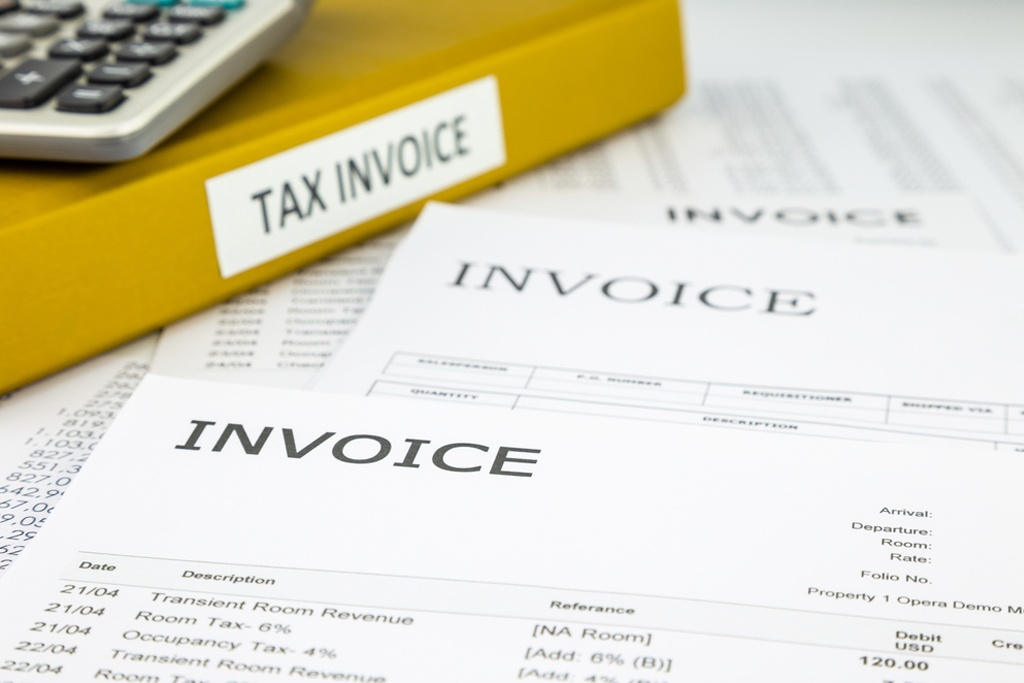When an invoice is not a Tax Invoice

IMPORTANT: This post is specific to New Zealand. If you are not a New Zealand business/taxpayer then it is probably not applicable to you.
I find it frustrating when I buy something for business and get given a receipt or till docket and find that it is not a valid tax invoice. It’s amazing how many businesses issue invoices that aren’t valid tax invoices for GST purposes. So, having the personality that I do, I point this out to the clerk/owner and politely request a “valid” tax invoice. The most common response I get is “we’ve been giving them out like this for years and no one has complained.” Yeah – maybe. But that doesn’t make it right! These rules haven’t changed in the time that GST has been around so there really is no excuse for not getting them right
In this article I’ll explain what you need to look for to ensure that the documentation you keep is sufficient to satisfy the IRD that your claim for getting the GST back is valid. You can use the same info to review your own invoices to ensure that they pass muster as well.
If you are registered for GST then you MUST keep the “Tax Invoices” (that’s the term in the GST Act for an invoice containing GST) that support your claim for a GST credit on your GST return. If you don’t have a valid tax invoice then the IRD can reject your claim (and you have to give the money back). It’s usually best to get into a good habit of collecting these as you go, rather than trying to find them years later when the IRD come knocking!
Here is what you must see on a document for it to be valid as a tax invoice:
- the words “tax invoice” in a prominent place
- the name (or trade name) and GST number of the supplier
- the date the invoice was issued
- a description of the goods and/or services supplied
- a statement that GST is included in the final price or the breakdown of the total before GST and the actual GST amount charged.
- If for more than $1000 (including GST) it must also have:
- the quantity or volume of the goods and/or services supplied (e.g., litres of petrol, hours of labour, kilos of potatoes etc.)
- the name and address of the recipient (purchaser) of the supply
If the total (including GST) is less than $50, then you do not need to keep the invoices, but you are required to keep the details.
The most common offenders for invalid tax invoices are old-style cash registers and EFTPOS terminals. Sometimes the business will squeeze their GST number onto an old-style till receipt or EFTPOS receipt, but that is only one of the things they have to include for it to be valid.
One of the challenging areas is when you allow staff or volunteers to spend money – their attention to detail is often less then satisfactory when it comes to documentation. Make sure that you have educated and instructed them appropriately.